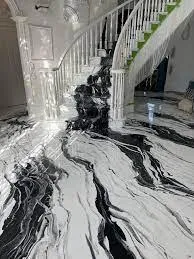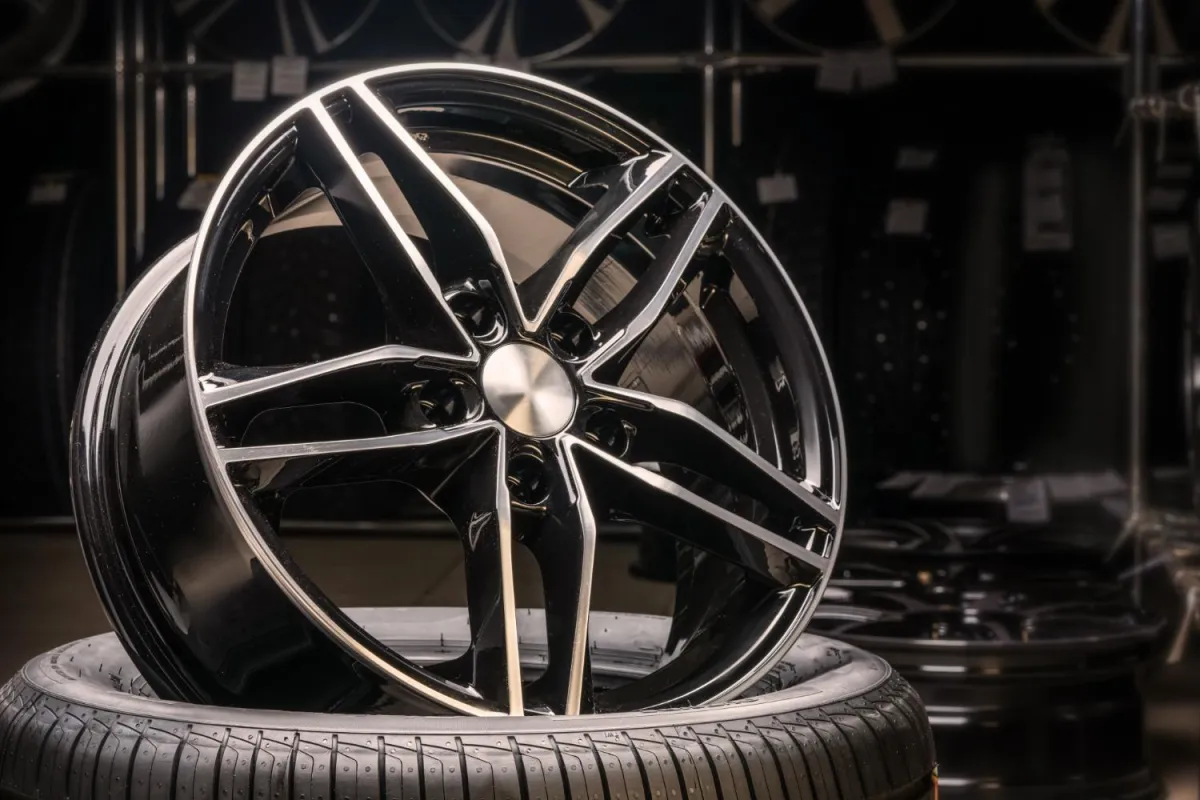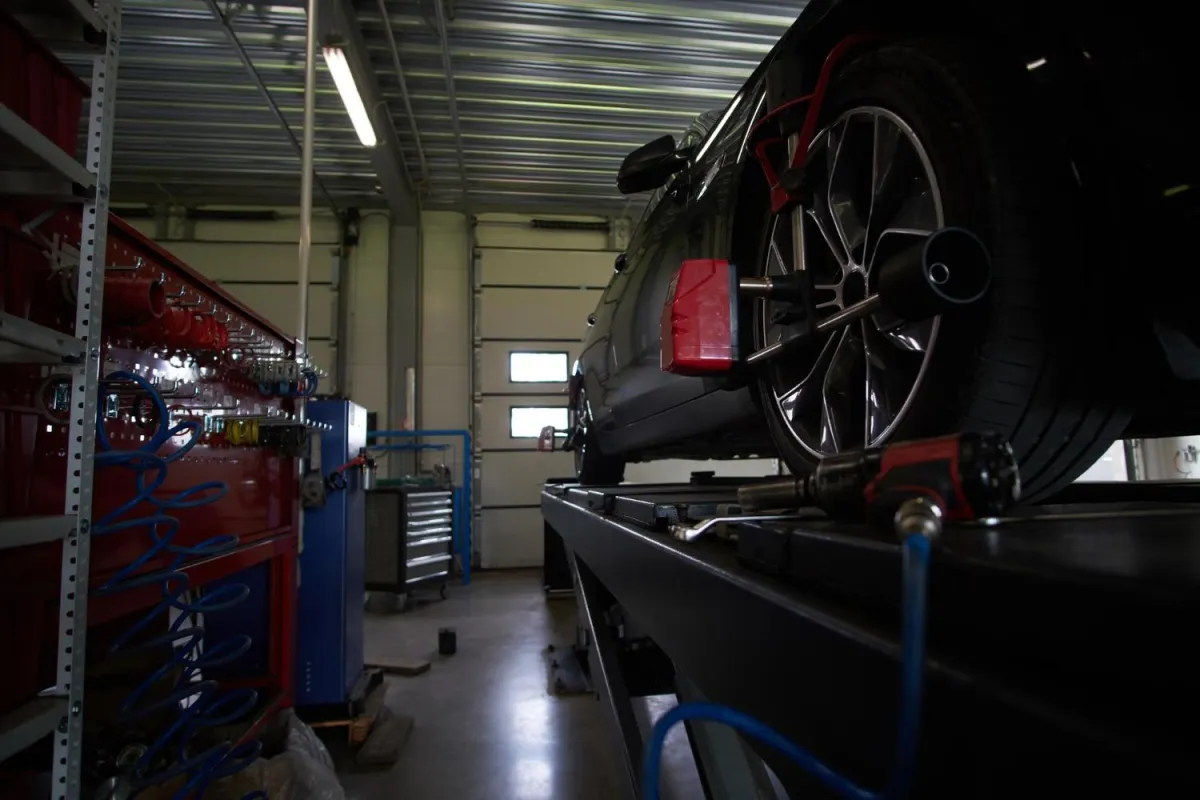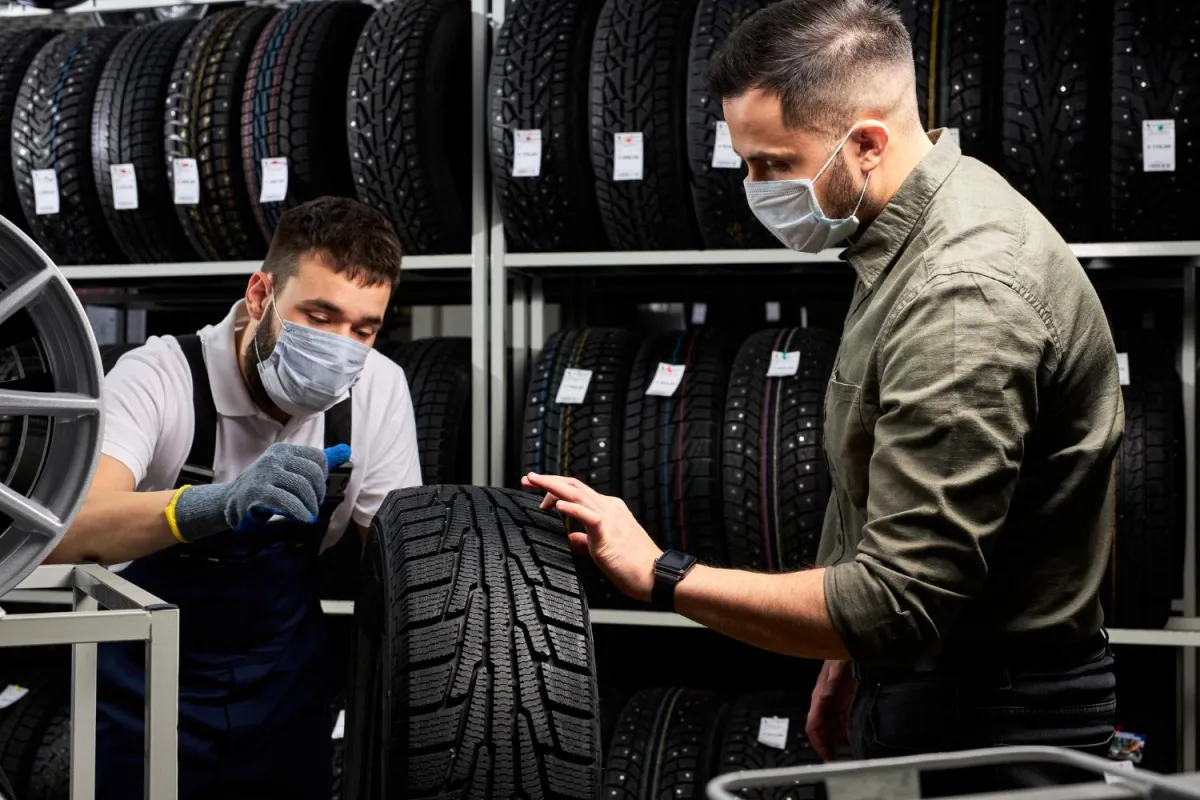Welcome
Quality Epoxy For All Your Flooring
We offer top-quality Epoxy designed to meet the diverse needs of all types of floors.
EPOXY FLOORING MASTERY CLASSES
Step into the world of epoxy flooring mastery with our hands-on class!
Are you ready to transform ordinary floors into stunning works of art?
This program covers all of this below plus more.
Our epoxy flooring class offers an exhilarating journey into the realm of creativity and craftsmanship.
Learn the secrets of proper floor preparation for various floor types( concrete, wood, tile, etc.), ensuring your projects stand the test of time.
From basic floors to intricate specialty designs, our expert instructors will guide you through every step of the process.
Discover the magic of incorporating specialty designs, into your creations, elevating them to the next level of visual appeal.
Whether you're dreaming of metallic finishes, marble effects, or dazzling patterns, our class will equip you with the skills and knowledge to bring your visions to life.
Don't miss out on this opportunity to unleash your creativity and master the art of epoxy flooring.
Join us and embark on a journey of skill-building, innovation, and endless possibilities!
LOCATION : RICHMOND,VA
DATE : JULY 20/21
LOCATION : SOUTH HOLLAND,IL
DATE : Aug 24/25
LOCATION : ATLANTA,GA
DATE : Sep 21/22
2 Day Epoxy Event
$500.00 Deposit
Join us for a transformative 2-day epoxy class where you'll learn the essentials of epoxy application and kickstart your epoxy business journey! From hands-on training to LLC setup, this workshop covers it all. There will also be business funding opportunities! All materials will be provided, plus a light breakfast and lunch. Please note: This purchase serves as a deposit; the remaining $1500 balance is due one week before the start of this event. Refunds are not available.
2 Day Epoxy Event
$2,000.00 Full Payment
Join our 2-day epoxy class where you'll master the art of epoxy application & gain insights on launching your own epoxy business! From hands-on training in laying epoxy to establishing an LLC, this immersive workshop covers every aspect of starting your venture. All materials will be provided, and attendees will have access to business credit funding opportunities! Enjoy a light breakfast and lunch as you network with fellow entrepreneurs and embark on your journey to epoxy business success!
Masterclass Epoxy Event
$5,000.00 Full Payment
Join our 2-day epoxy class where you'll master the art of epoxy application & gain insights on launching your own epoxy business! From hands-on training in laying epoxy to establishing an LLC, this immersive workshop covers every aspect of starting your venture. All materials will be provided, and attendees will have access to business credit funding opportunities! Enjoy a light breakfast and lunch as you network with fellow entrepreneurs and embark on your journey to epoxy business success!
*Refunds are not available*
SERVICES
Tire Repair
Emphasize your tire repair services, such as patching punctured tires, fixing slow leaks, and addressing minor damage. Explain your process for assessing tire condition and whether a repair or replacement is the best course of action.

Tire Customization
If your shop offers custom tire services, showcase this on your website. Include options for unique tire designs, colors, and sidewall lettering. Allow customers to request personalized tire modifications, such as whitewall tires or custom tire lettering.

Wheel Alignment
Wheel alignment is a crucial automotive maintenance procedure that ensures the proper positioning of a vehicle's wheels. This process involves adjusting the angles of the wheels to manufacturer-specified specifications, which helps optimize tire performance and vehicle handling.

Fleet Services
Cater to businesses and commercial customers by advertising fleet services on your website. Explain how your shop can handle tire maintenance and replacement for entire fleets of vehicles, including scheduling regular maintenance checks and managing tire inventories.

JOIN ITZWRAP SQUAD
FAQS
WHAT IS EPOXY?
Epoxy is a type of polymer that, when mixed with a hardening agent, undergoes a chemical reaction resulting in a strong and durable material. It is commonly used in various applications such as coatings, adhesives, and sealants.
WHAT ARE THE ADVANTAGES OF USING EPOXY?
Epoxy offers several advantages, including high strength and durability, excellent chemical resistance, low shrinkage, and good adhesion to various surfaces. It can also be easily customized with additives to enhance specific properties like UV resistance or flexibility.
CAN EPOXY BE APPLIED TO OUTDOOR SURFACES?
Yes, epoxy can be used for outdoor applications. However, it is important to choose an epoxy product specifically formulated for outdoor use and exposure to UV rays. These types of epoxy typically have UV inhibitors to prevent yellowing or degradation when exposed to sunlight.
HOW DO I PREPARE THE SURFACE BEFORE APPLYING EPOXY?
Proper surface preparation is crucial for successful epoxy application. Surfaces should be clean, dry, and free from any contaminants or loose materials. Depending on the surface, it may require sanding, cleaning with solvents, or using a primer to ensure good adhesion.
HOW LONG DOES EPOXY TAKE TO CURE?
The curing time for epoxy can vary depending on factors such as the specific product used, temperature, and humidity. Generally, epoxy can take anywhere from a few hours to several days to fully cure. It is important to follow the manufacturer's instructions for the specific epoxy product being used.
WHERE CAN EPOXY BE USED?
Epoxy has a wide range of applications. It is commonly used for floor coatings, countertops, marine and boat repairs, automotive repairs, electrical insulation, and as an adhesive for bonding various materials together. It can also be used for casting, molding, and creating decorative pieces.
CAN EPOXY BE PAINTED OR STAINED?
Yes, epoxy can be painted or stained after it has cured. It is essential to lightly sand the cured epoxy surface and clean it thoroughly before applying paint or stain. This ensures proper adhesion and a smooth finish.
CAN EPOXY BE USED ON ALL TYPES OF SURFACES?
Epoxy can adhere well to various surfaces such as concrete, wood, metal, and certain plastics. However, the specific surface and its condition may require special preparation or the use of a primer to ensure good adhesion. It is always recommended to check the product instructions or consult with the manufacturer for guidance on specific surface compatibility.
HOW DO I CLEAN UP EPOXY SPILLS OR MISTAKES?
If you have a spill or make a mistake with epoxy, it is best to clean it up immediately before it cures. Use a solvent recommended by the epoxy manufacturer or try using rubbing alcohol or acetone. Once epoxy has cured, it becomes difficult to remove without damaging the surface.
